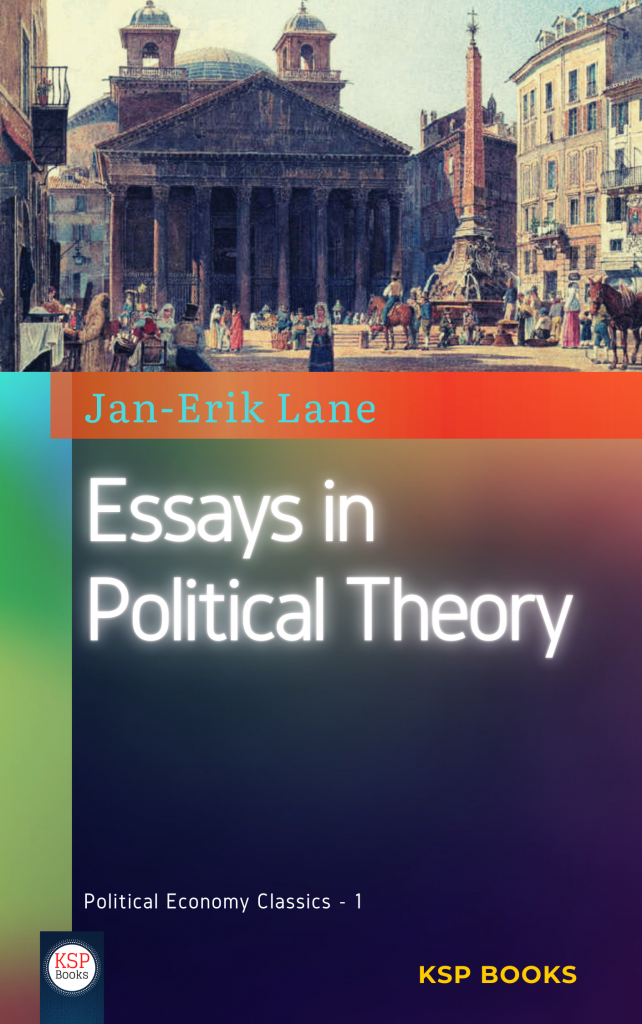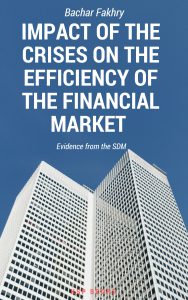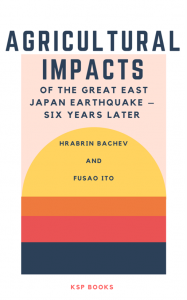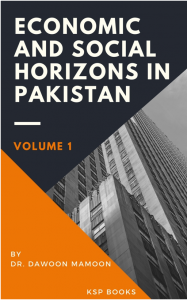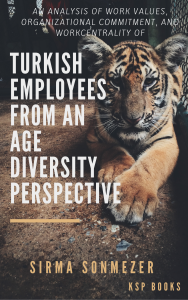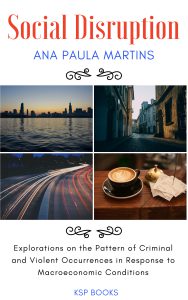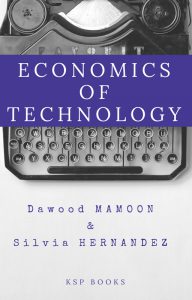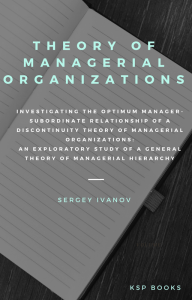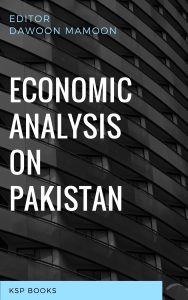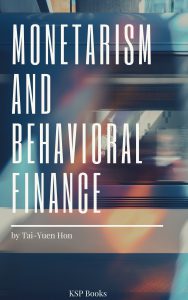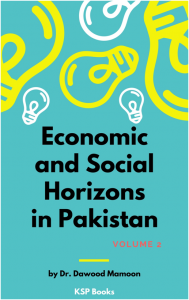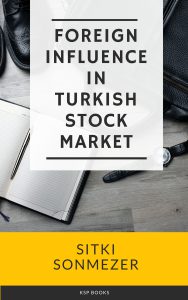Synopsis
It is possible to present a brief summary of the subjects that the chapters in this book focus on.
Ch 1. Karl Popper discovered the link between the open society and scientific discovery with the help of his analysis of growth of scientific theories (Popper, 1945, 1959). Only in an open society can hypotheses or models be falsified. His principle of falsification applies not only to scientific argument but also to social science beliefs and political propaganda. Thus, democracy nourishes an open society seeking the truth. Actually, democracy is the sole political regime that promotes the truth in an open society. The rationale for democracy is to be found in game theory, in particular the principal agent framework in the economics of information.
Ch 2. What is true information in today’s world? The hunt for information is not only in the private sector―market trends and enterprise data, but also on the public sector. Information is strongly linked with incentives; leaking news and you have an extra rent. This paper tries to model the crucial role of information and its incentives in government and it started in the public sector.
Ch 3. The World Bank now launches the concept of developmental governance as commitment, coordination and cooperation. When unpacked, development governance is no clearer than the concept of development administration. It is true that countries need development to improve living conditions for their citizens, but development includes more than governance or good governance.
Ch 4. The United Nations’ endorsed notion of good government or governance can be analysed in a clear fashion with the concepts of rule of law – rule of law I (legality) and rule of law II (democracy). Principal-agent modelling shows how politicians and the bureaucracy can be restrained by rule of law institutions.
Ch 5. The often heard call for other forms of democracy than the adversarial type is not realistic. MWCs and MSCs offer a peaceful mechanism for voting to handle social conflicts by means of political parties under the constraints of rule of law and the principal-agent interaction. Switzerland is the only consociational state today, but operating under heavy referenda restraints.
Ch 6. Max Weber is now almost generally acknowledged as the greatest social scientist ever. The genius from Heidelberg mastered all varieties of social science: economics, politics, religion and history. And he adhered to the canons of modern philosophy of science. His most famous books on religion and capitalism “Weber’s Thesis” are debated over and over again. For understanding globalization today, a critique of the Weber thesis is essential with available information a hundred years later than Weber. I wish to argue that Weber made a mistake in focusing upon modern capitalism as well as that his concept of legal-rational authority is ambiguous. What distinguishes the civilisations of the world now is the enforcement of the rule of law.
Ch 7. A book so overall critical as The Idea of Justice by A. Sen requires a Popper inspired examination. The results are that his rejection of Rawls is flawed and that he entirely lacks meta-ethics. The continental Weberian approach to normative enquiry has been severely neglected by many scholars in the Anglo-Saxon tradition, trying in vain to identify the true nature of justice.
Ch 8. The theory of separation of powers in the state by Montesquieu (1748) is the longest serving theory in real politics, maintaining its relevance for more than 200 hundred years. Most constitutions in written form follow his paradigm, at least from a formal point of view. Constitutional democracies certainly apply or enforce Montesquieu’s ideal-type for rule of law and political stability. How does this great political theory fit with the major schools in jurisprudence about what is law and the role of judges in adjudication? This question has never been raised, but it is as essential to Montesquieu’s paradigm as the changing relations between executive and legislature in for instance parliamentarism and presidentialism.
Ch 9. Reading the newspapers and listening to the media news channels for the last decade, one makes the observation that cheating has increased, or at least accusations of such behaviour. This is commonly called “corruption”, but there are several kinds of cheating to be distinguished and analysed apart. Two approaches to cheating are conceivable. First, the micro approach attempts to account for why individual persons cheat – the reason and their calculation of benefits and costs. Here, we can now draw upon new results in game theory. Second, in the macro approach one tries to explain or understand why cheating seems to augment over the entire society, in both the public and private sectors. This paper looks at one form of cheating more closely, namely corruption, as well as suggests a few hypotheses about the increase in so-called “affairs” in several capitalist economies.
Ch 10. Norwegian macro-oriented Social Scientist Stein Rokkan often argued for the relevance of comparative historical inquiry. What can comparative longitudinal analyses of the state teach? The term “state” is core in politics. When do states appear on the real stage? My assessment is that F. Fukuyama’s The Origins of Political Order (Fukuyama, 2014) attempts to demolish the established perspective. I believe that he is incorrect.
Contents
About the Author
ISBN
978-625-7501-77-4
Date of Publication
June 28, 2022
File Size: 3601 KB
Length: xvii + 229 pages
This work is licensed under a Creative Commons Attribution 4.0 International License.
